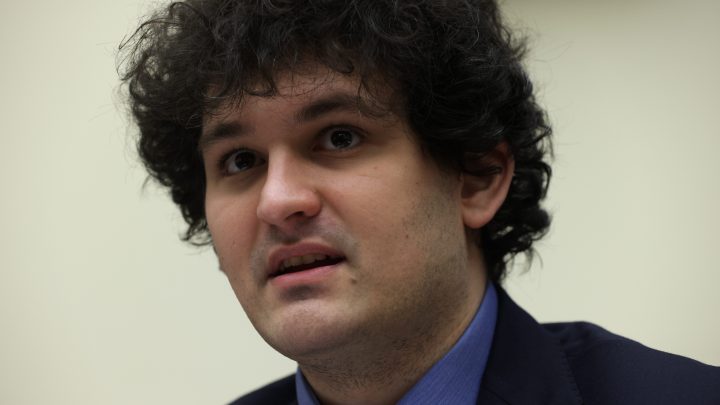
Can crypto restore its credibility?
Can crypto restore its credibility?

Sam Bankman-Fried, the founder and former CEO of the defunct crytpo exchange FTX, found himself in a courtroom in the Bahamas Tuesday morning, arrested at the request of the American government for the circumstances surrounding the implosion of FTX.
Bankman-Fried indicated he’s going to fight extradition to the United States, where federal prosecutors have indicted him for fraud and conspiracy.
And in Washington on Tuesday (where the guest of honor would have been SBF if not for the aforementioned indictment), the current CEO of FTX — who’s steering the company through bankruptcy — said it’s taken losses of more than $7 billion and that what happened looks like “old-fashioned embezzlement.”
So, amid this veritable tsunami of bad headlines, is it possible for crypto to get its mojo back?
This moment just might be the beginning of the end for crypto, according to Lee Reiners, policy director at the Duke Financial Economics Center.
All signs pointed to that in Tuesday’s Congressional hearing, he said. “The main takeaway was just the complete lack of internal controls at all the FTX entities, including a lack of books and records.”
The problem isn’t the industry itself, “it’s the product that the industry is selling,” Reiners added. “Cryptocurrencies are just digital assets that are created out of thin air” — assets that he said trade purely on speculation.
Reiners is among the critics who say crypto has had 14 years to find what he calls its “killer use case” — its economic value. Meanwhile, supporters say they’ve only had 14 years.
“This is a very novel technology. There’s a lot of development going on,” said Kristin Smith, executive director of the Blockchain Association. “And most of the promising applications in this space haven’t yet reached a point where they’re ready for use on a mass scale, so we have to give it time to build.”
Even after the collapse of two cryptocurrencies, a crypto hedge fund and now FTX, Smith said the industry has the infrastructure to survive.
“This is a setback. But I do think it is one that the industry ultimately will be able to overcome.”
But the industry can’t rebuild trust on its own, per former Commodity Futures Trading Commission chairman Timothy Massad, who’s now the director of the Digital Assets Policy Project at the Harvard Kennedy School.
Regulators have to play a part, he said. “We need basic standards to protect customer assets adequately. We need standards to prevent the operation of conflicting businesses,” and prohibit entities from trading with themselves and their own affiliates.
That’d be good for the public and the industry too, as it keeps looking for that “killer use case.”
There’s a lot happening in the world. Through it all, Marketplace is here for you.
You rely on Marketplace to break down the world’s events and tell you how it affects you in a fact-based, approachable way. We rely on your financial support to keep making that possible.
Your donation today powers the independent journalism that you rely on. For just $5/month, you can help sustain Marketplace so we can keep reporting on the things that matter to you.











